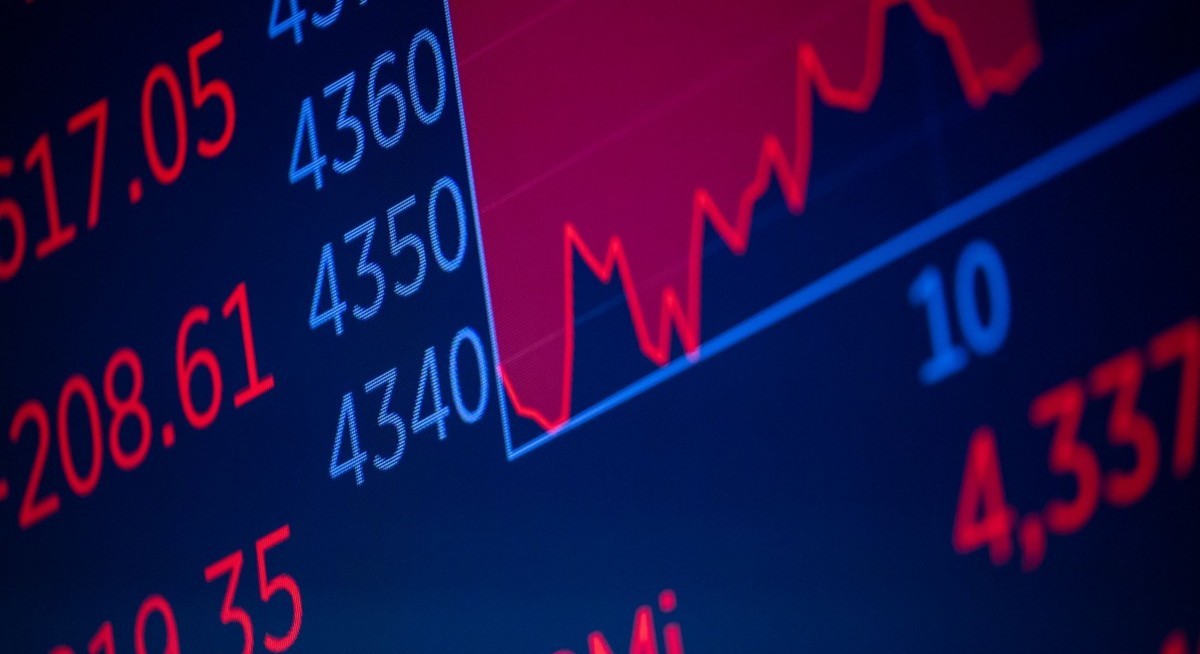See also: Big firms get bigger, thematic funds get smaller and private markets are tough: Morningstar
See also: Fidelity’s winning funds focus on quality and fundamentals
 From left: Abeyguna and Gisbert. Photo: Morningstar
Concurring on the industry innovation and efficiency alongside the proliferation of new products for investors, Abeyguna notes that the ultimate winners in the asset management industry are the ones that can either scale or provide differentiated products to the market. Efficiency, particularly enabled by technology and artificial intelligence, is pivotal for firms seeking to expand their capabilities and reach, he further points out.
In terms of products, alternatives such as private equity, private credit, and infrastructure will play a larger role in investor portfolios amid the cyclical rotations seen in traditional asset classes due to monetary policy levers.
“Beyond asset classes, I would expect sophisticated investors to see more choices in how they would want to execute a strategy whether it is separately managed accounts, unit trusts or active exchange-traded funds (ETFs).
“Amid competition, too many product choices can also result in choice paralysis, which is one of the reasons why capital allocators entrust the independent research and data from Morningstar,” he concludes.
From left: Abeyguna and Gisbert. Photo: Morningstar
Concurring on the industry innovation and efficiency alongside the proliferation of new products for investors, Abeyguna notes that the ultimate winners in the asset management industry are the ones that can either scale or provide differentiated products to the market. Efficiency, particularly enabled by technology and artificial intelligence, is pivotal for firms seeking to expand their capabilities and reach, he further points out.
In terms of products, alternatives such as private equity, private credit, and infrastructure will play a larger role in investor portfolios amid the cyclical rotations seen in traditional asset classes due to monetary policy levers.
“Beyond asset classes, I would expect sophisticated investors to see more choices in how they would want to execute a strategy whether it is separately managed accounts, unit trusts or active exchange-traded funds (ETFs).
“Amid competition, too many product choices can also result in choice paralysis, which is one of the reasons why capital allocators entrust the independent research and data from Morningstar,” he concludes.










